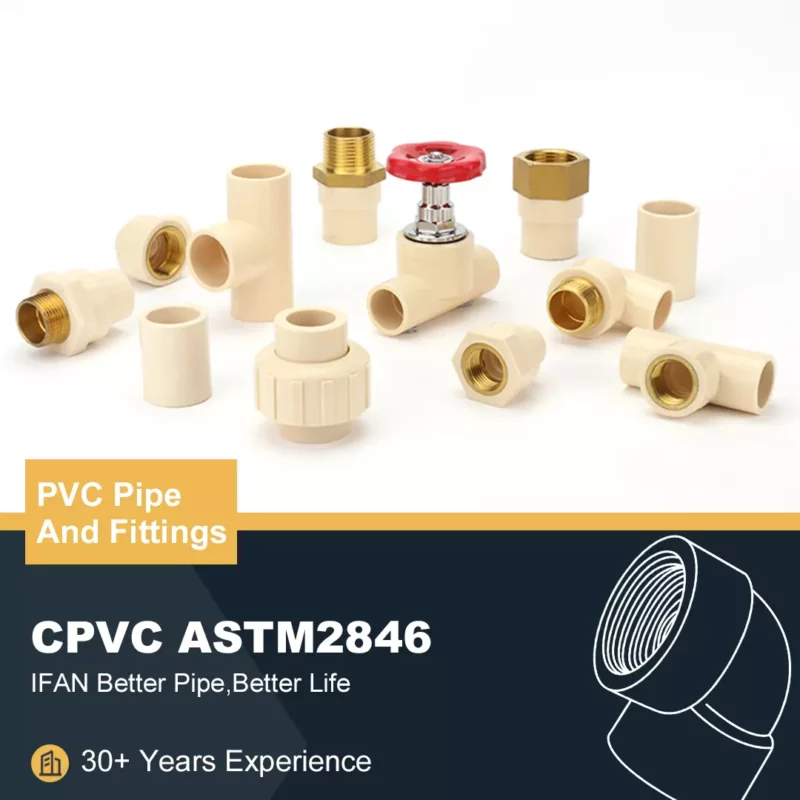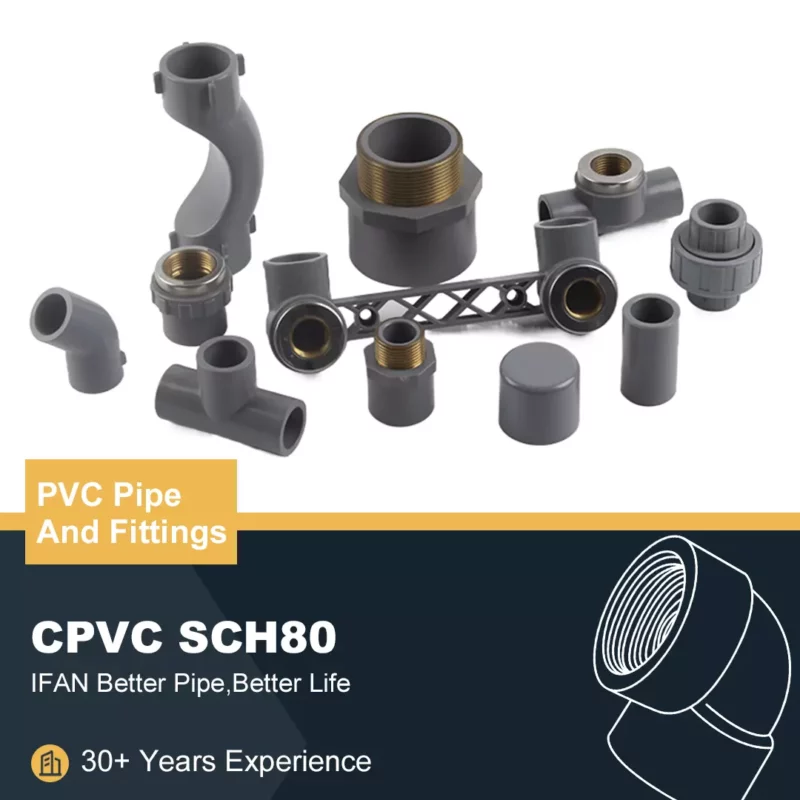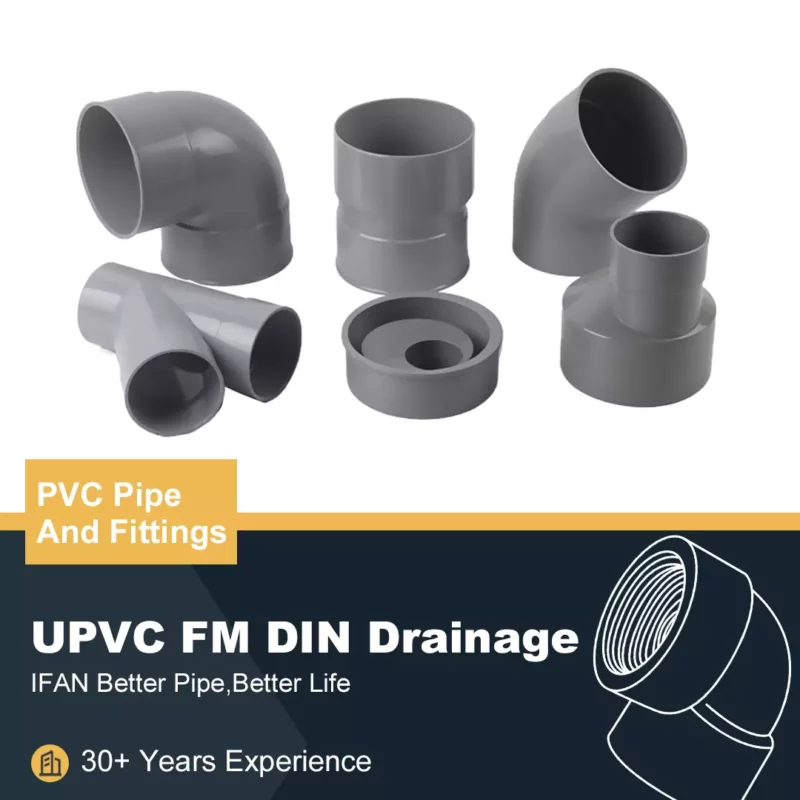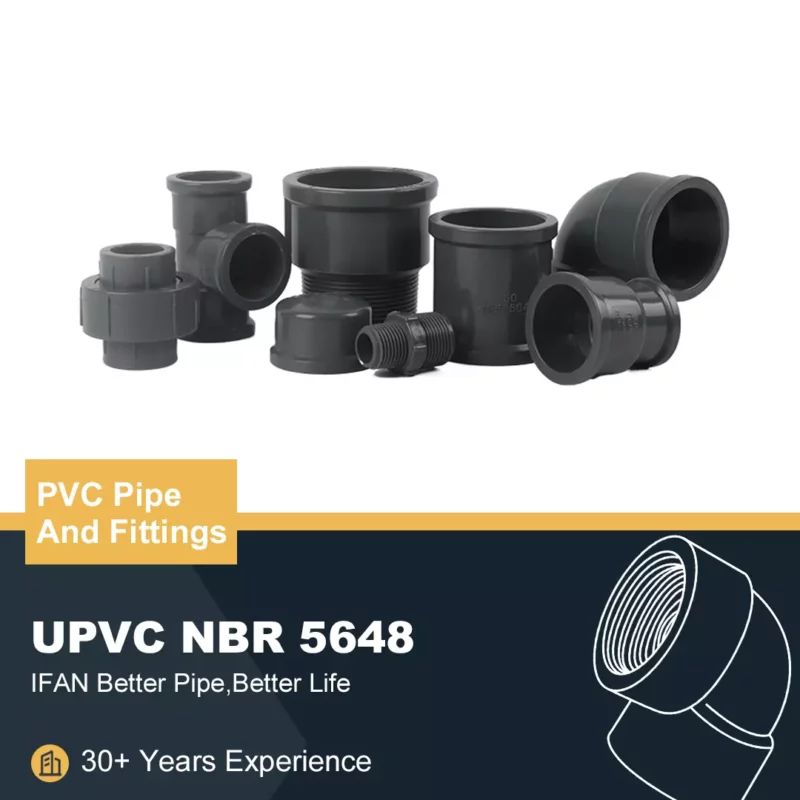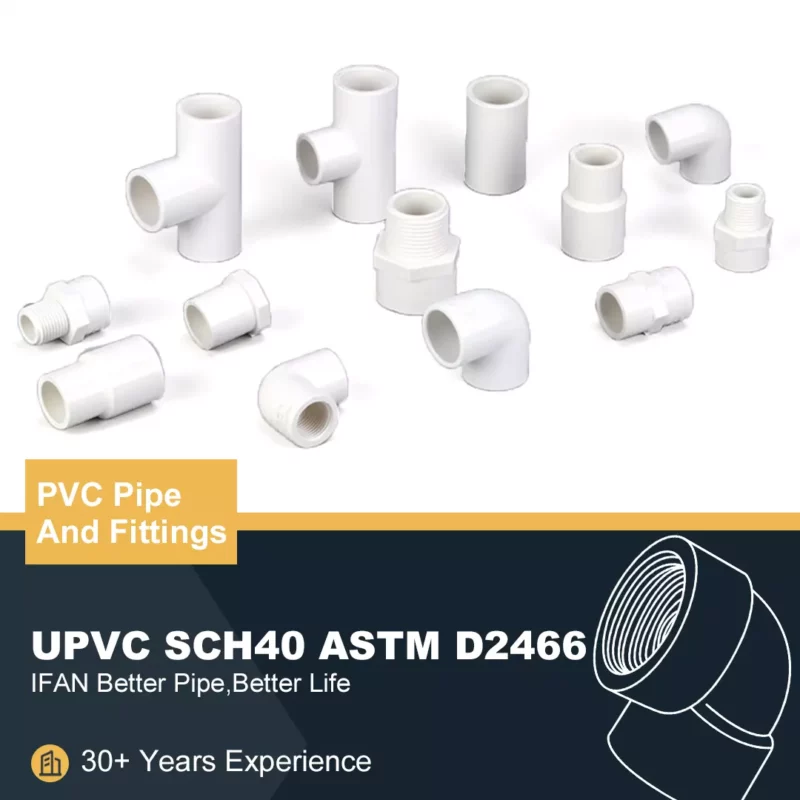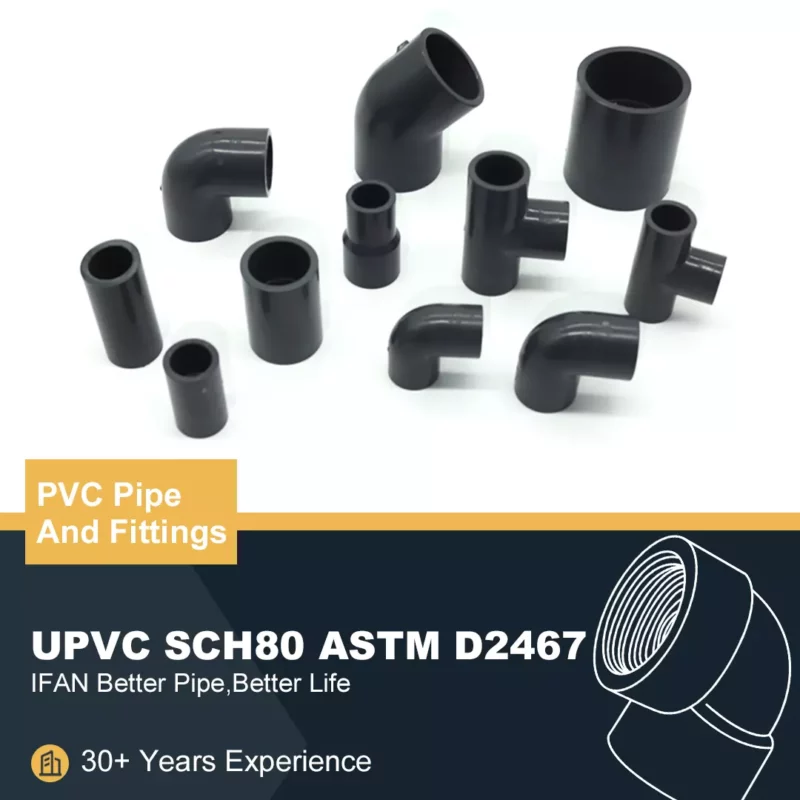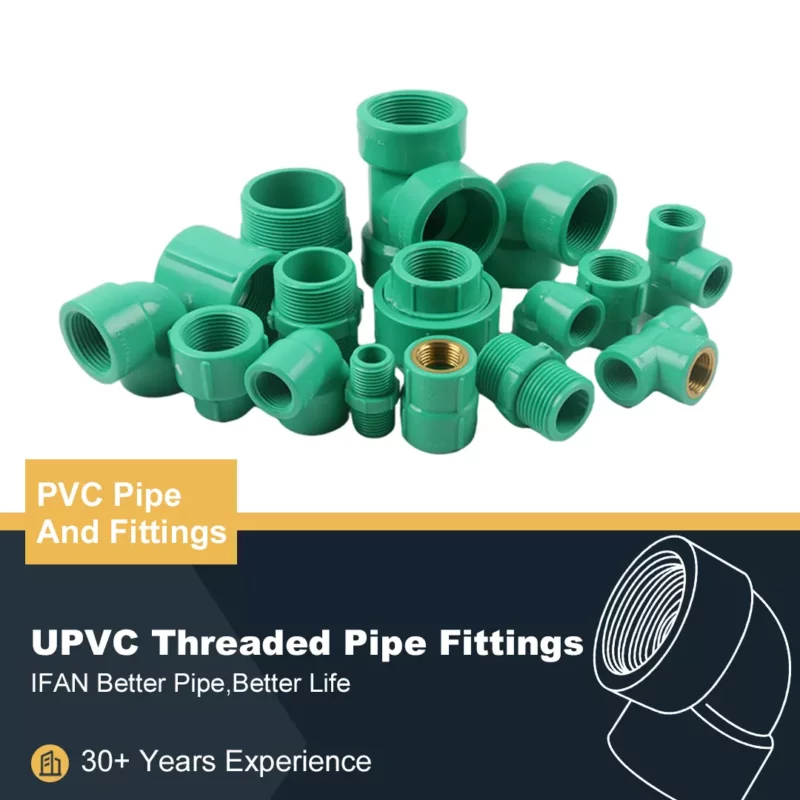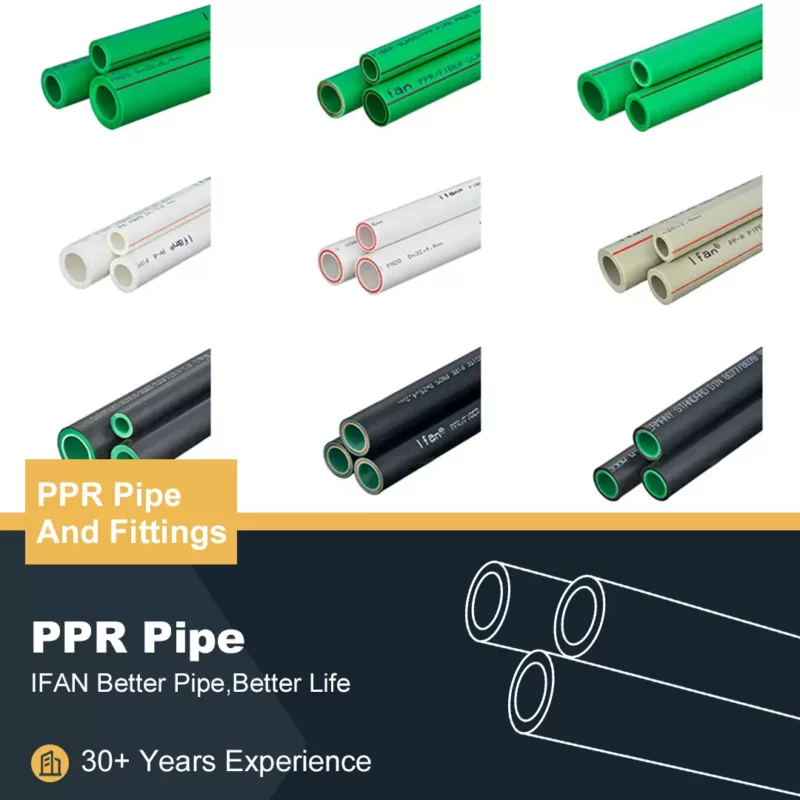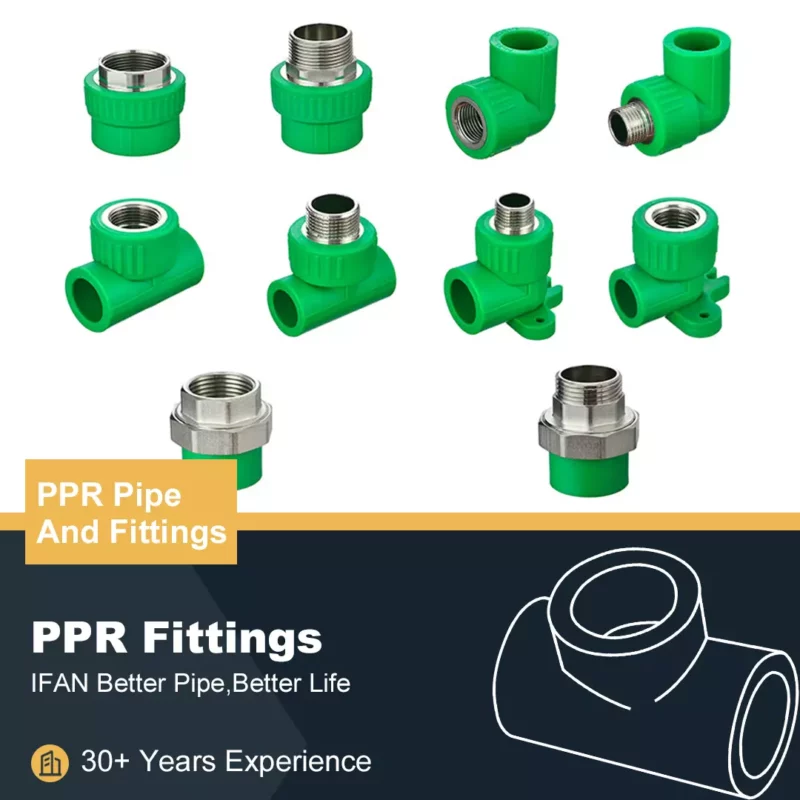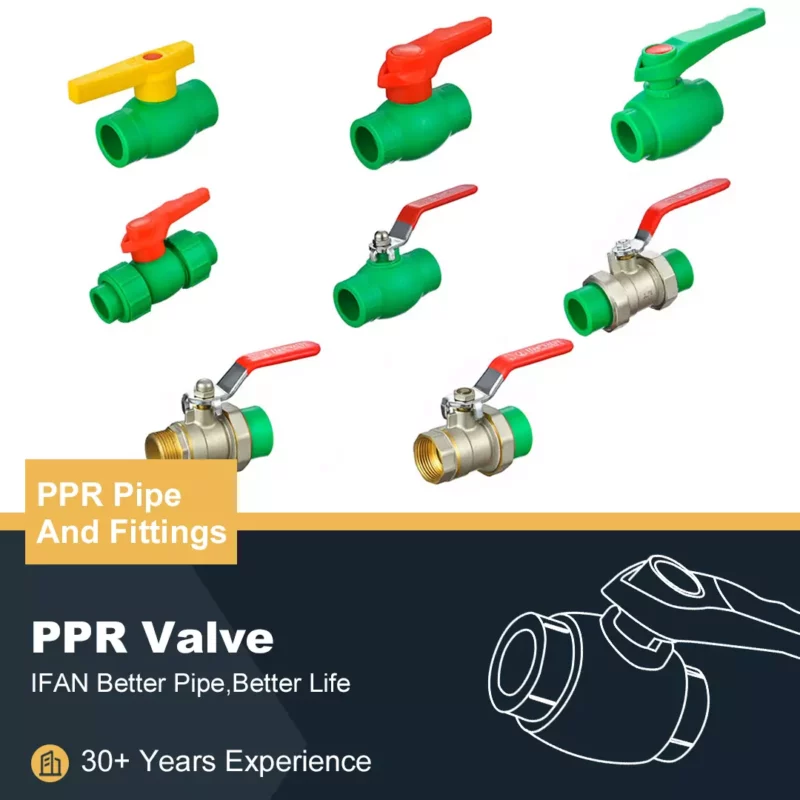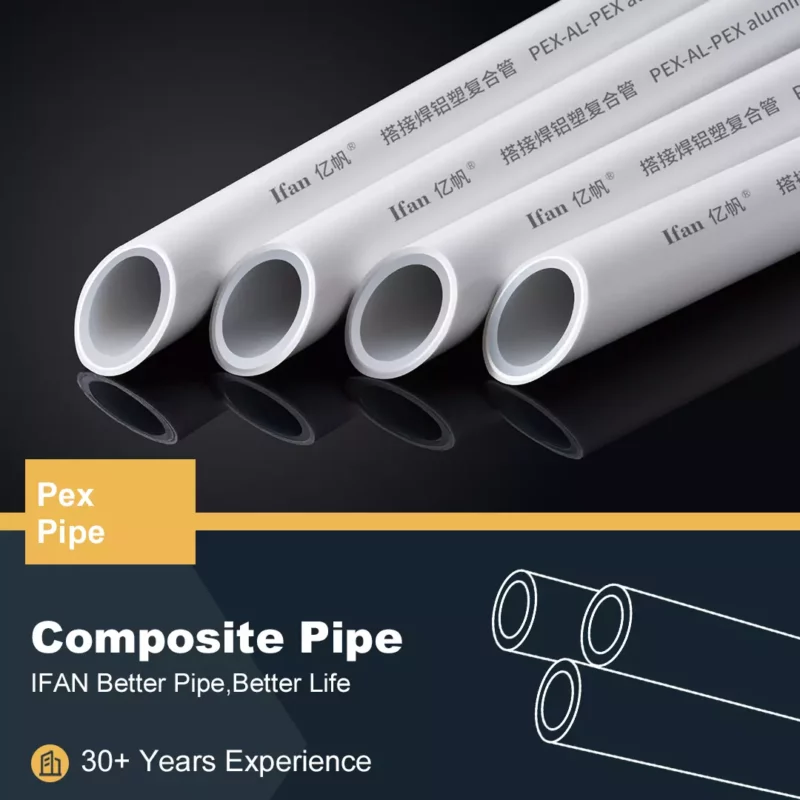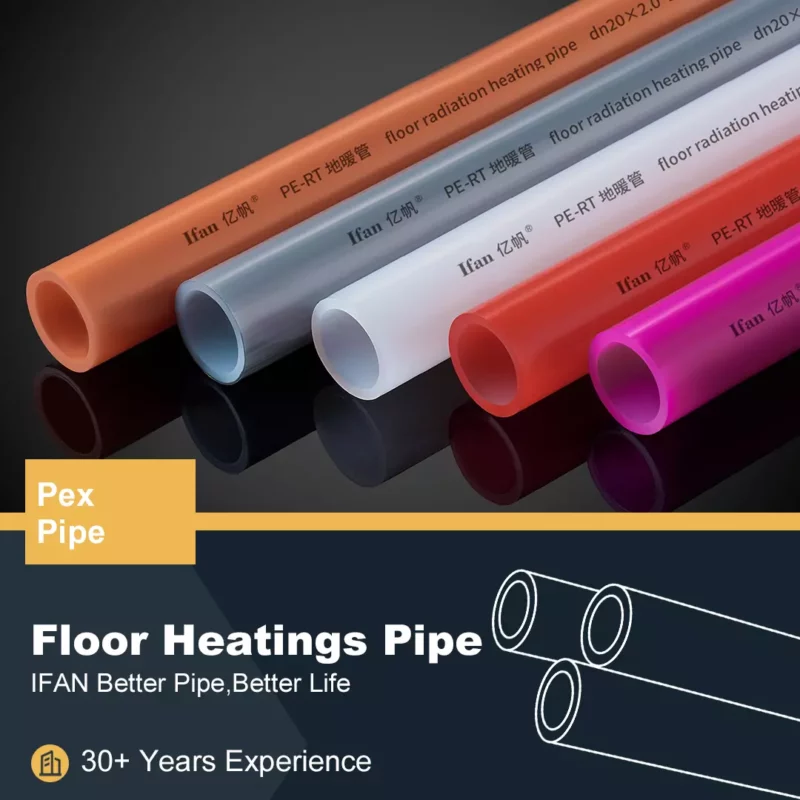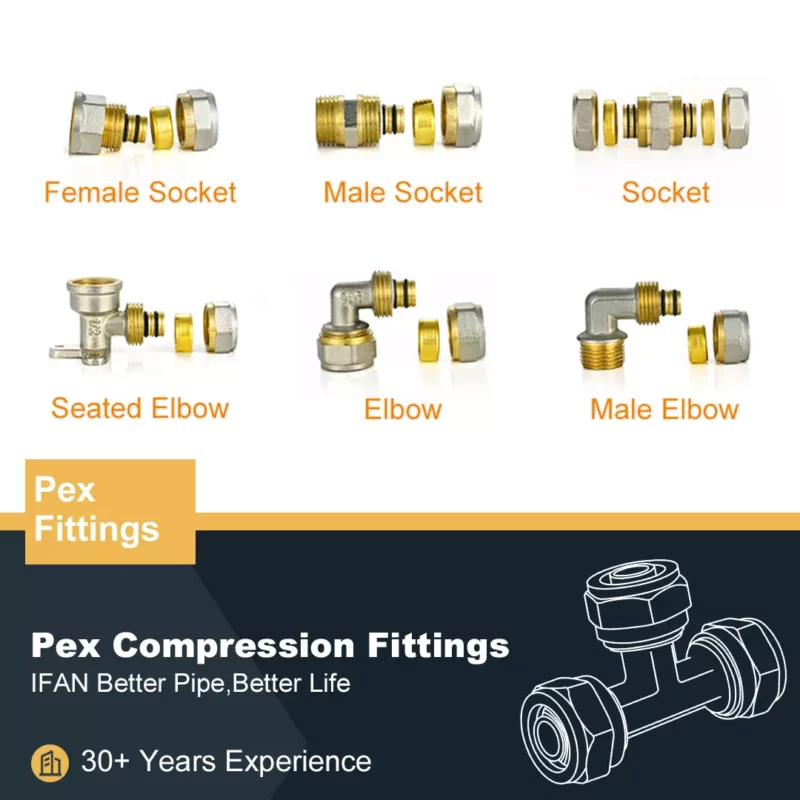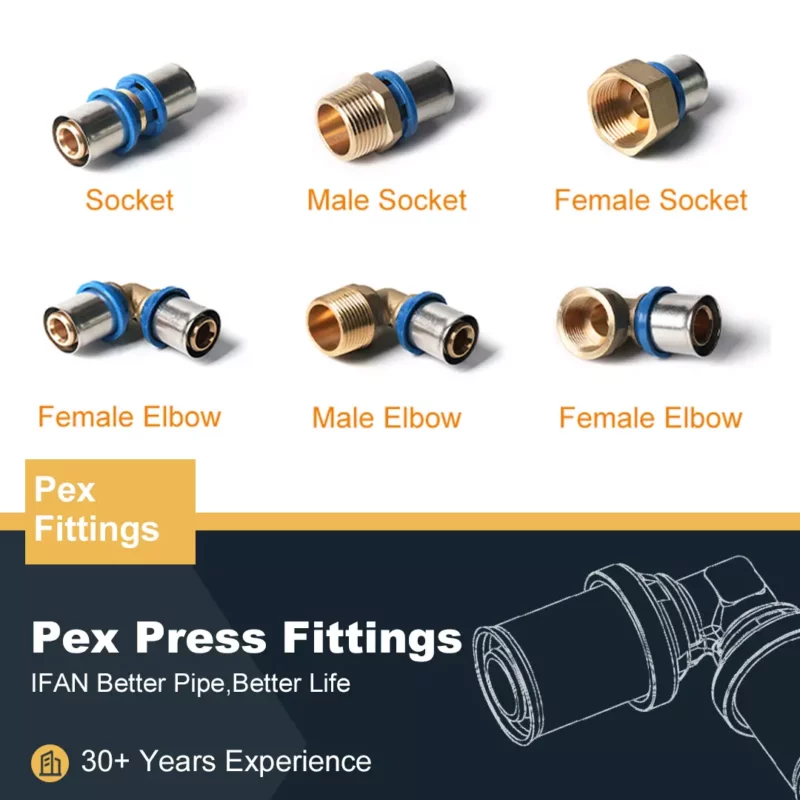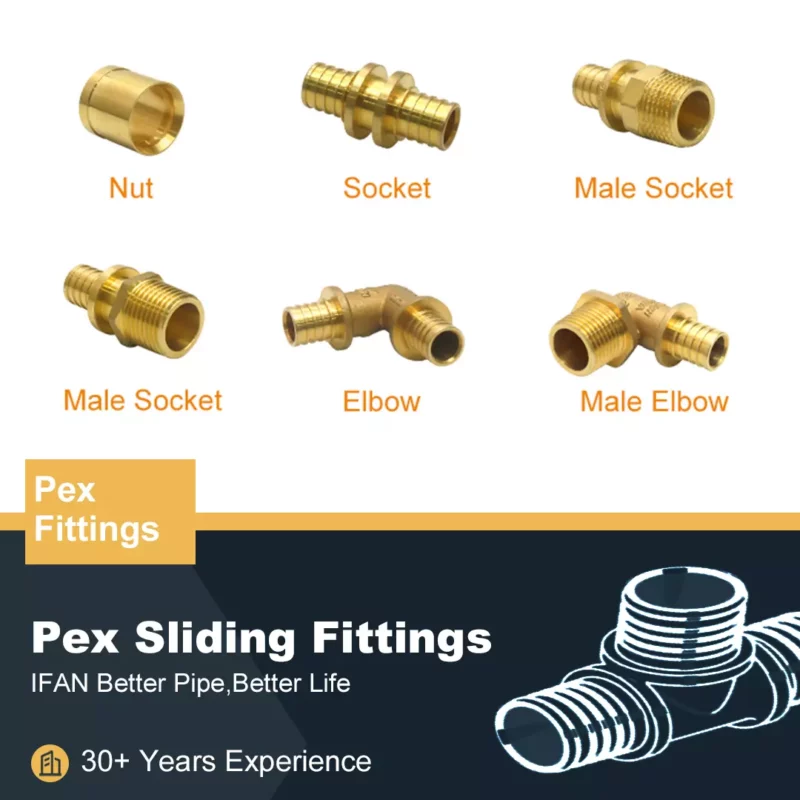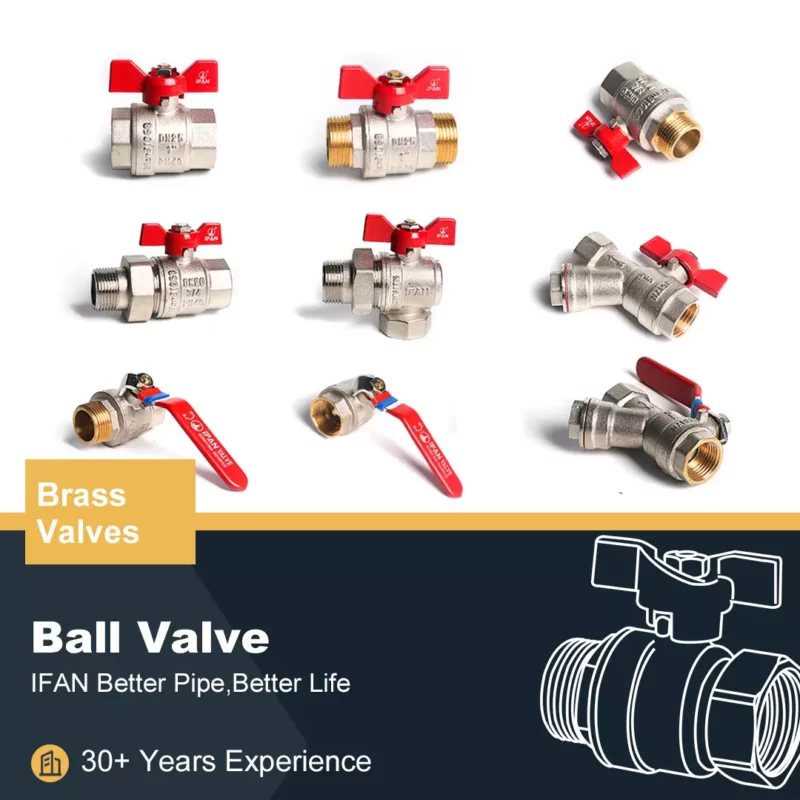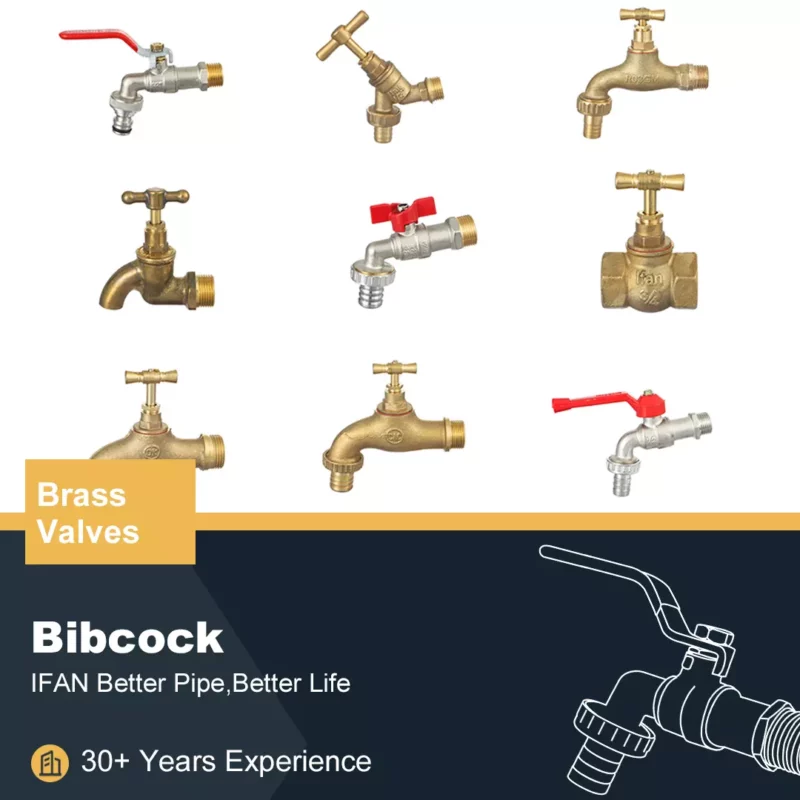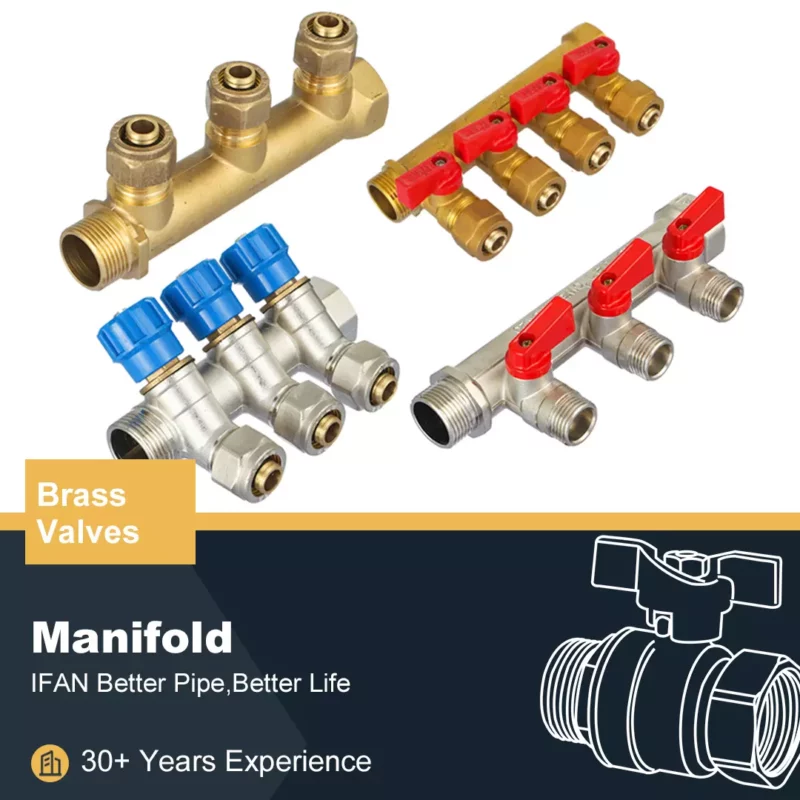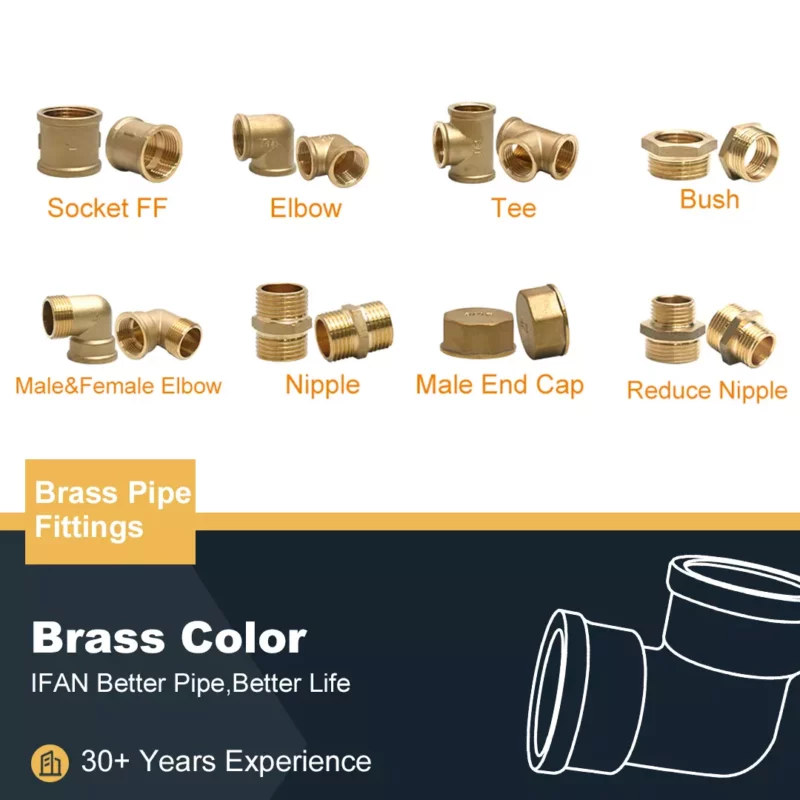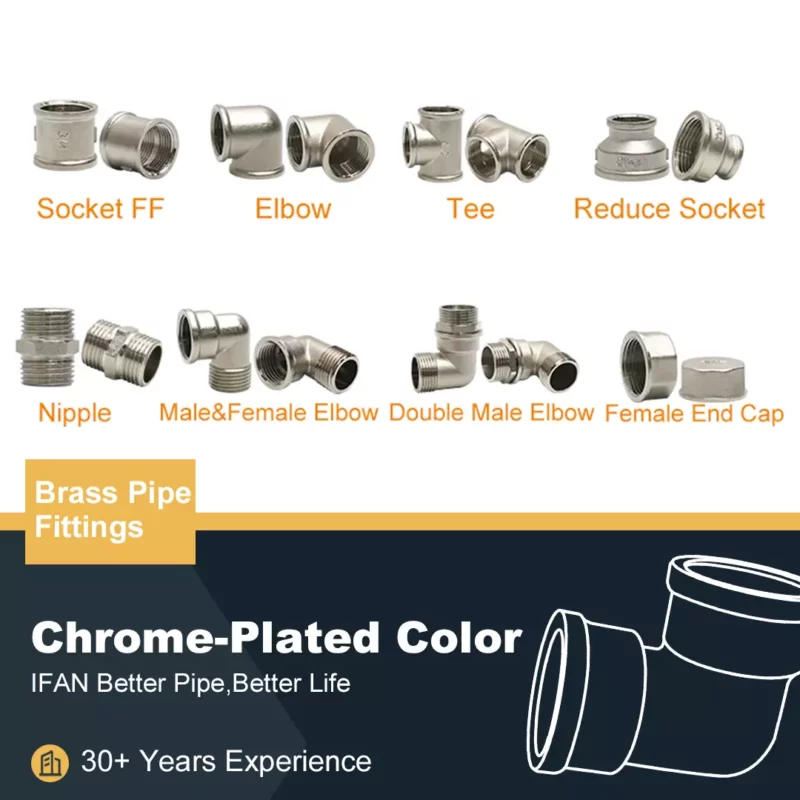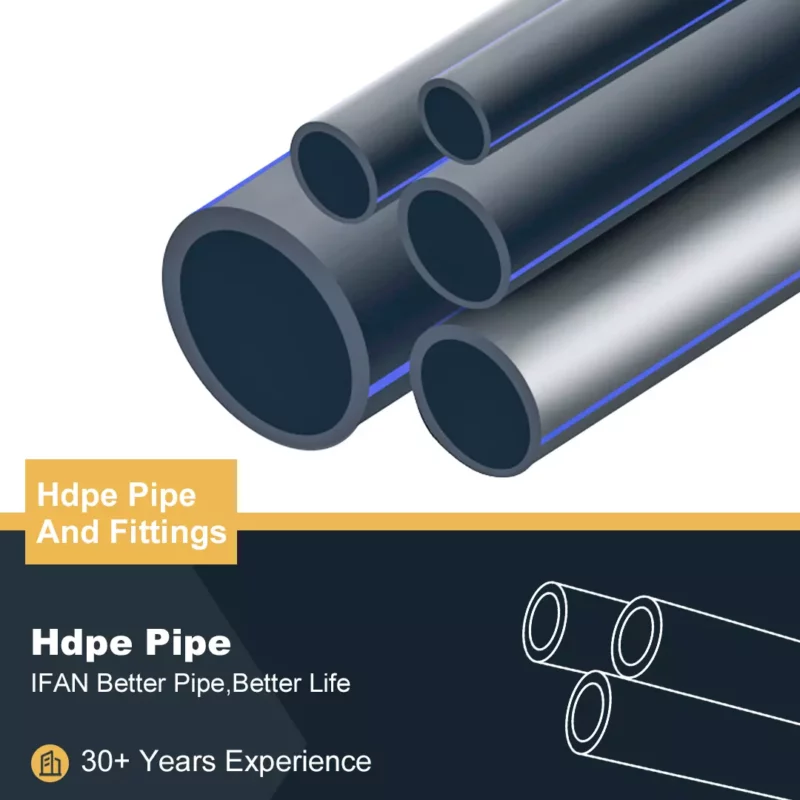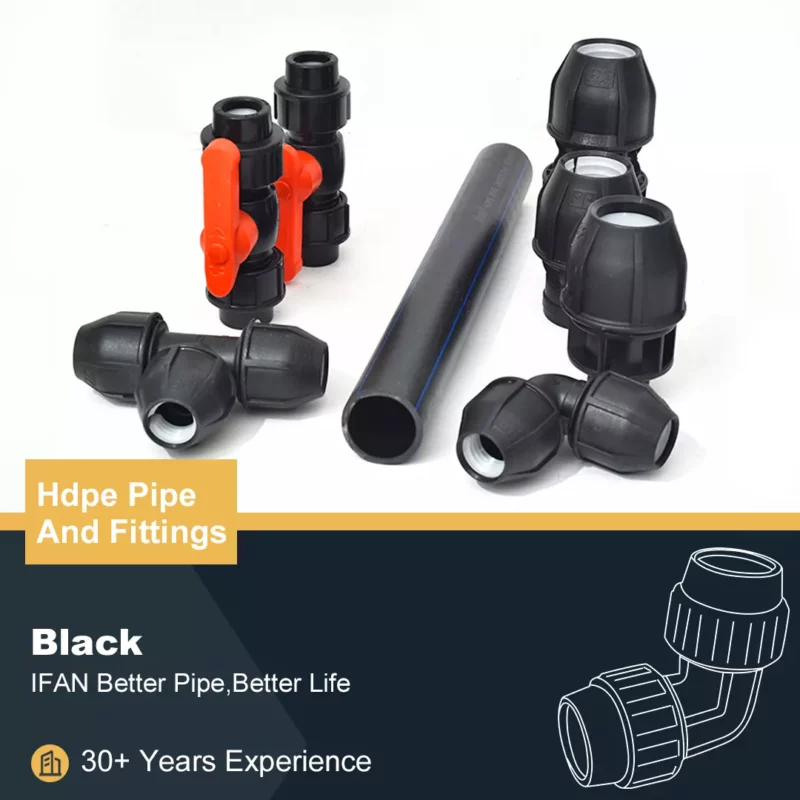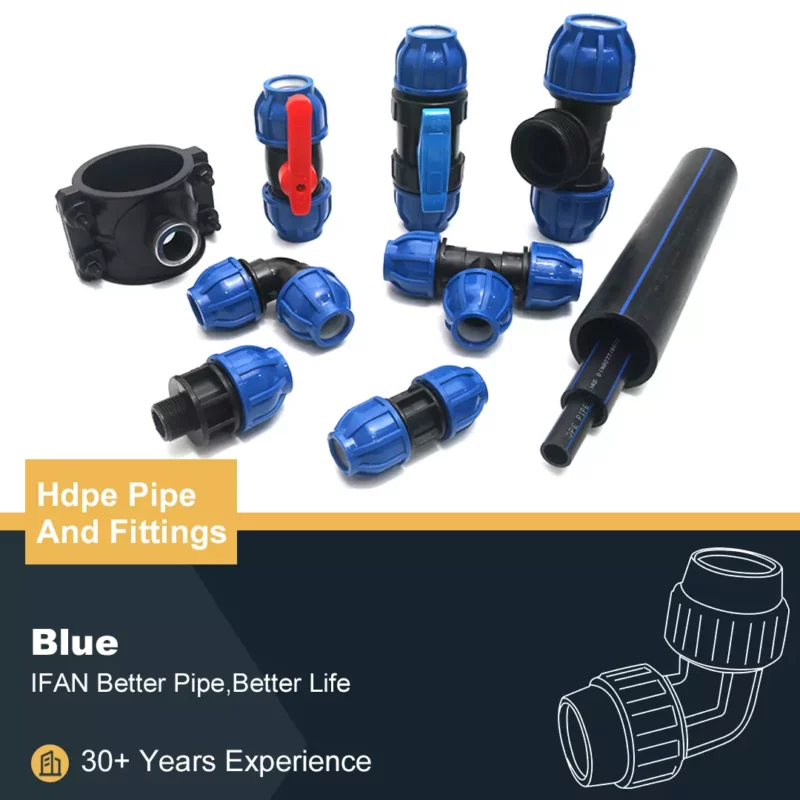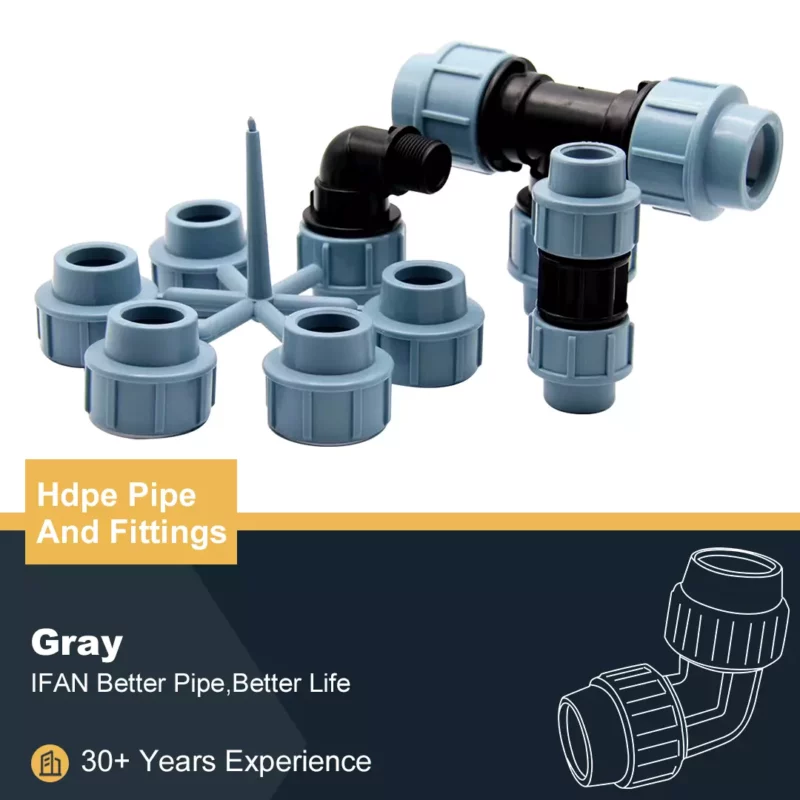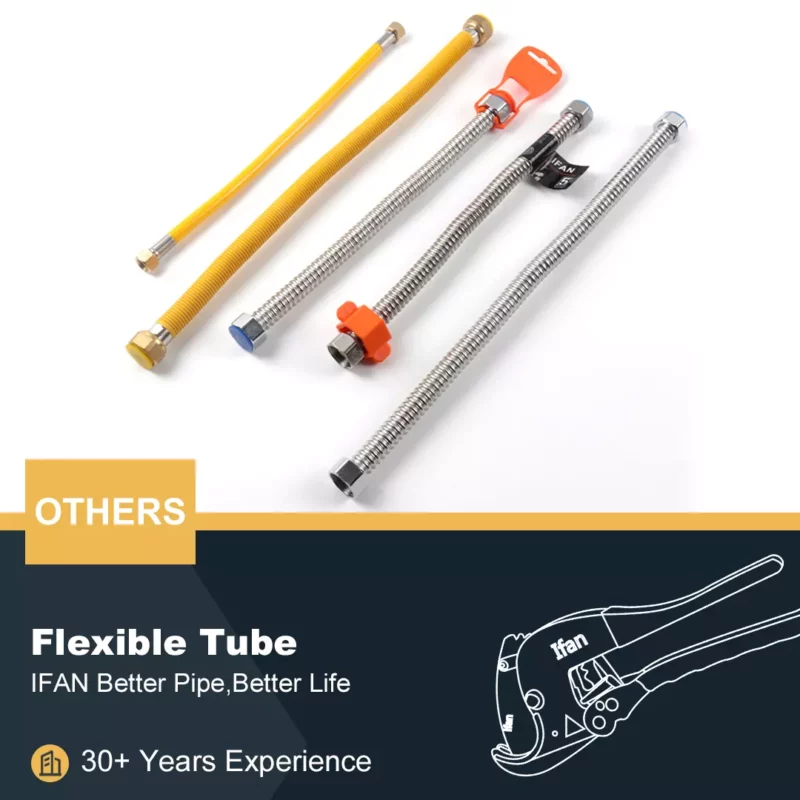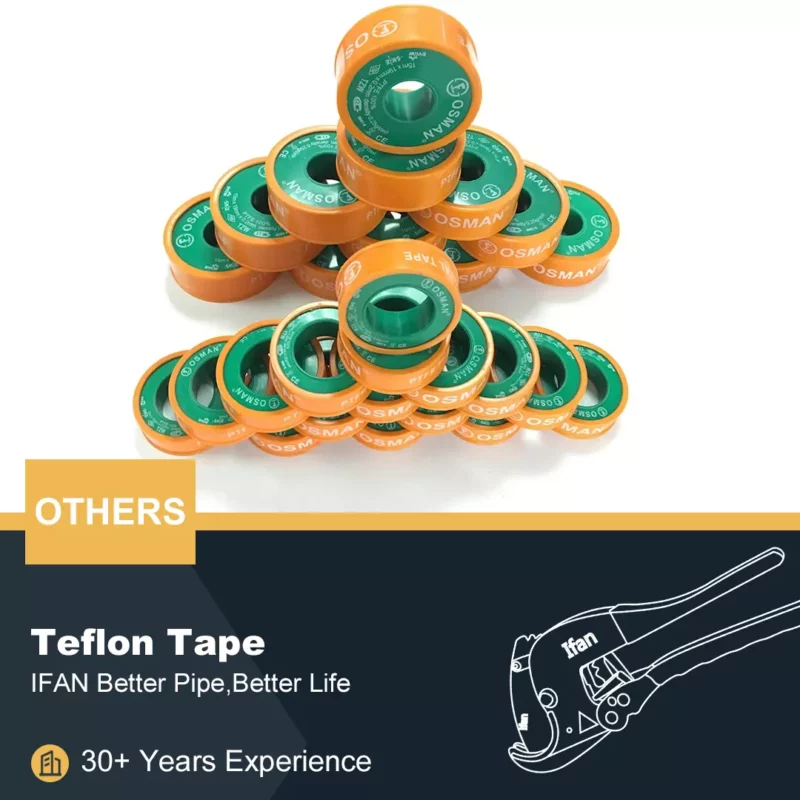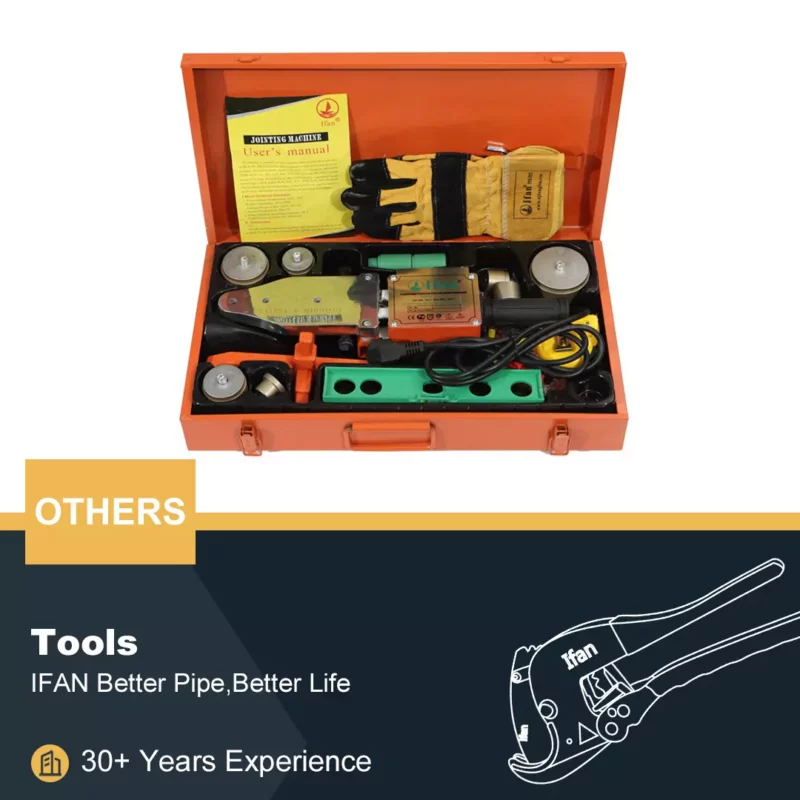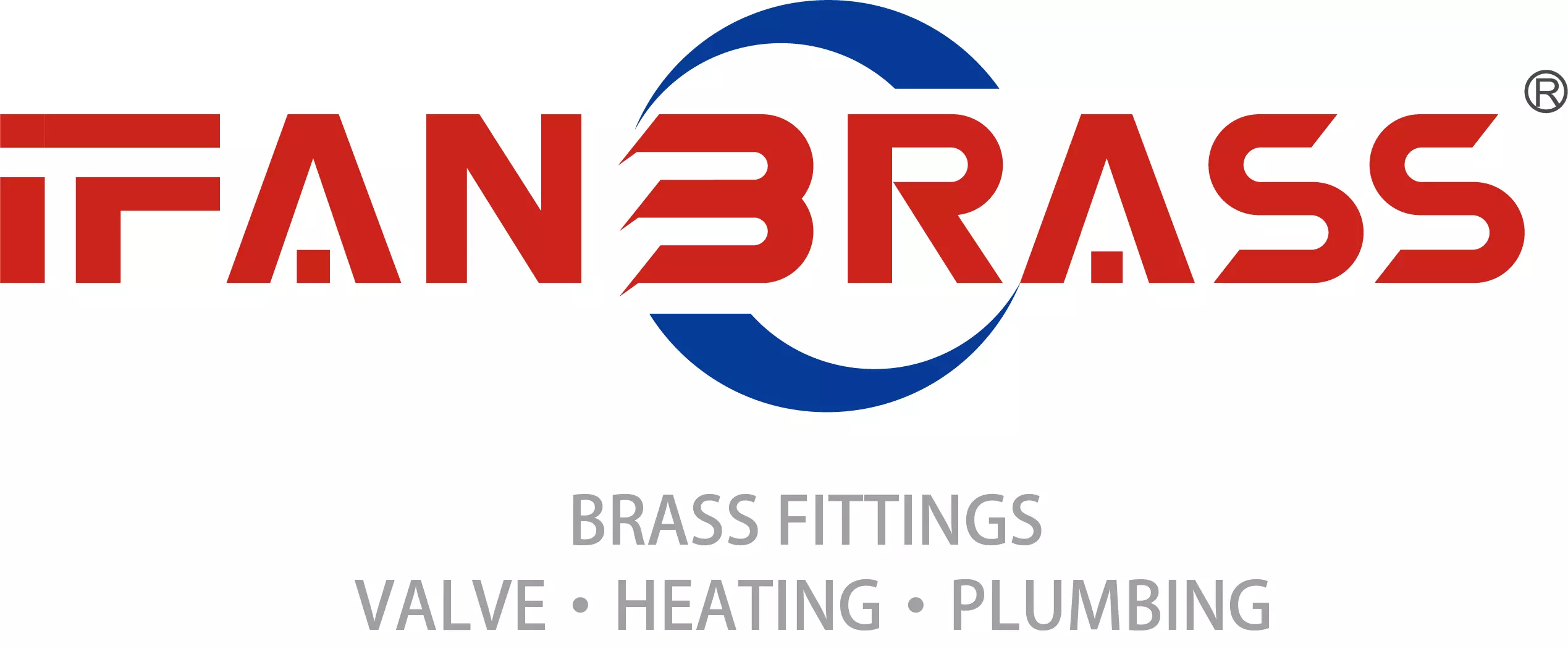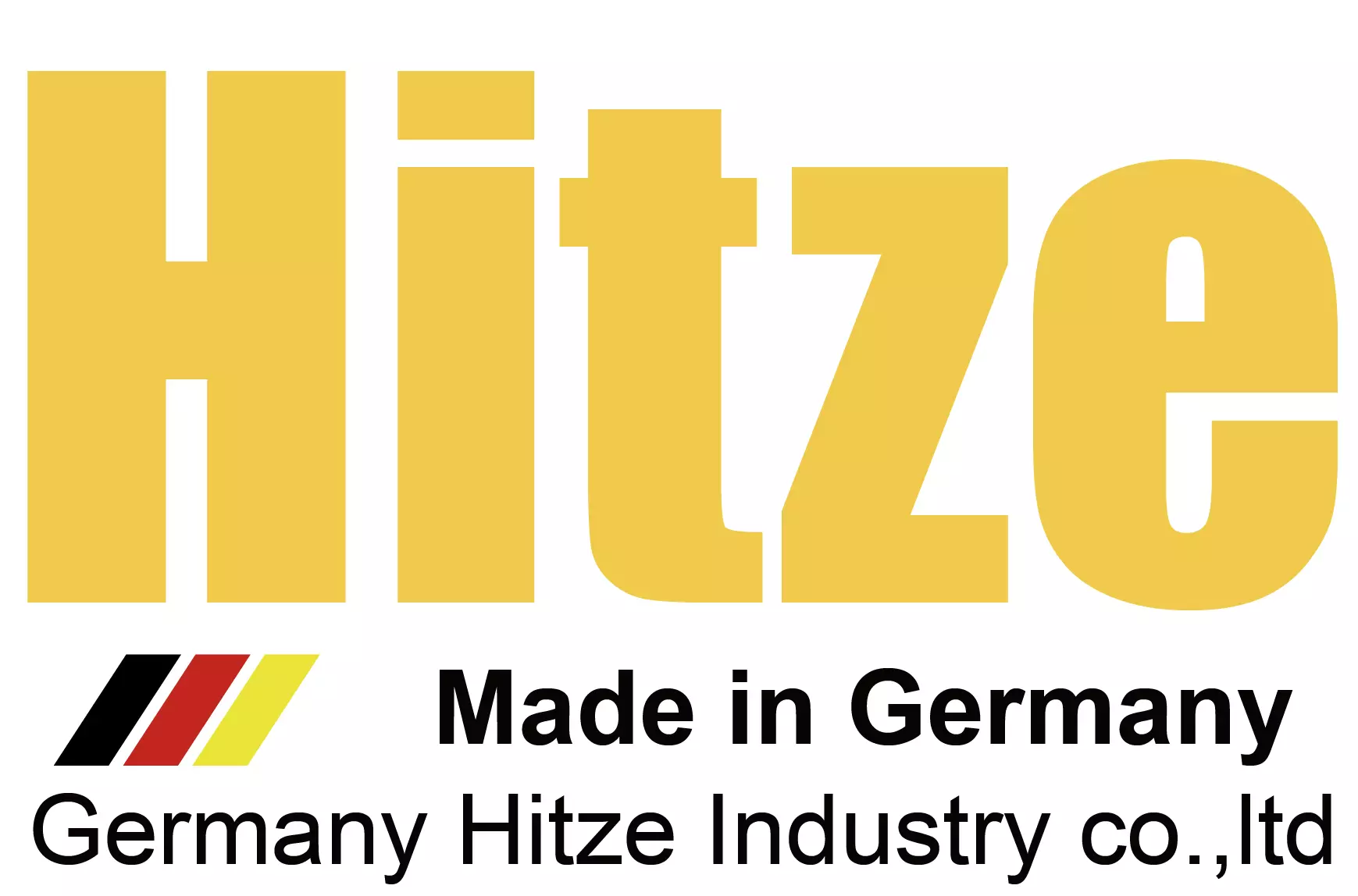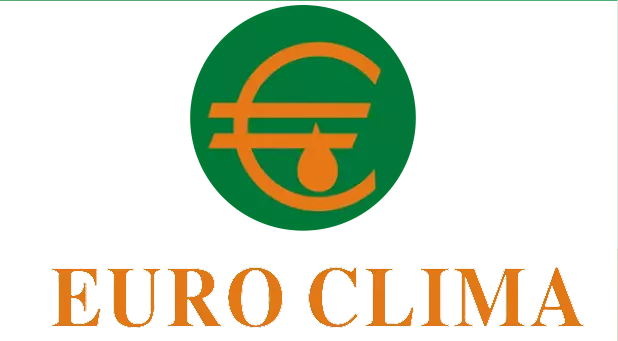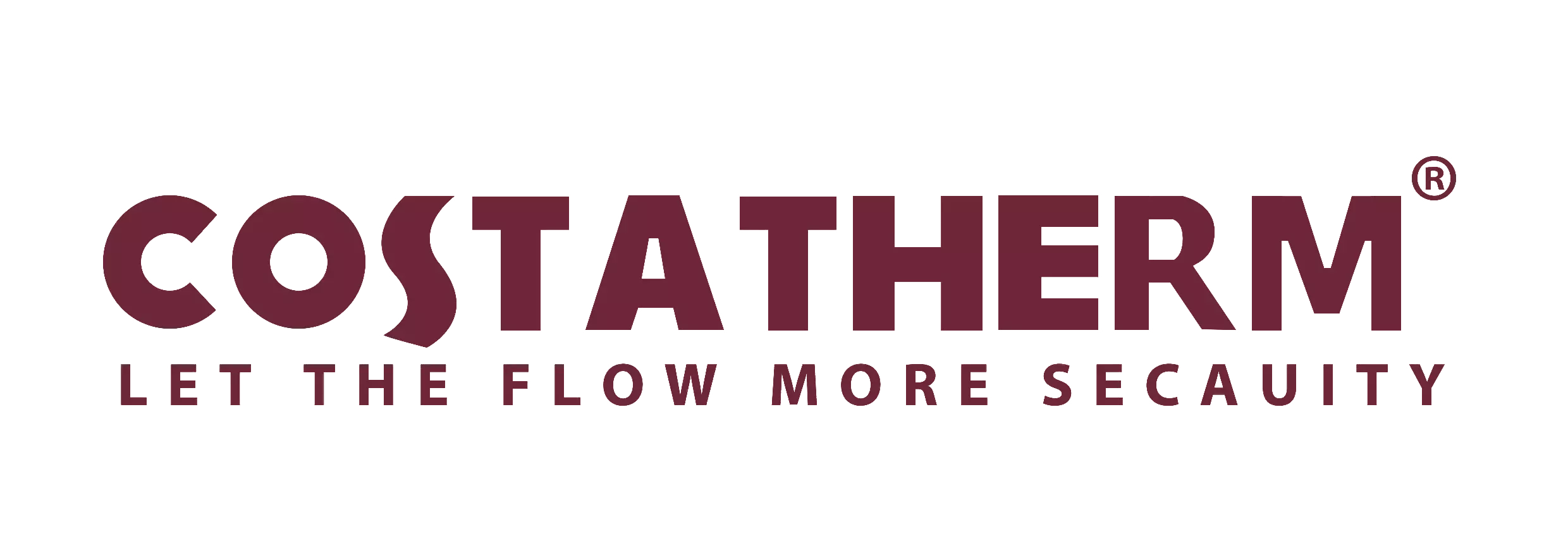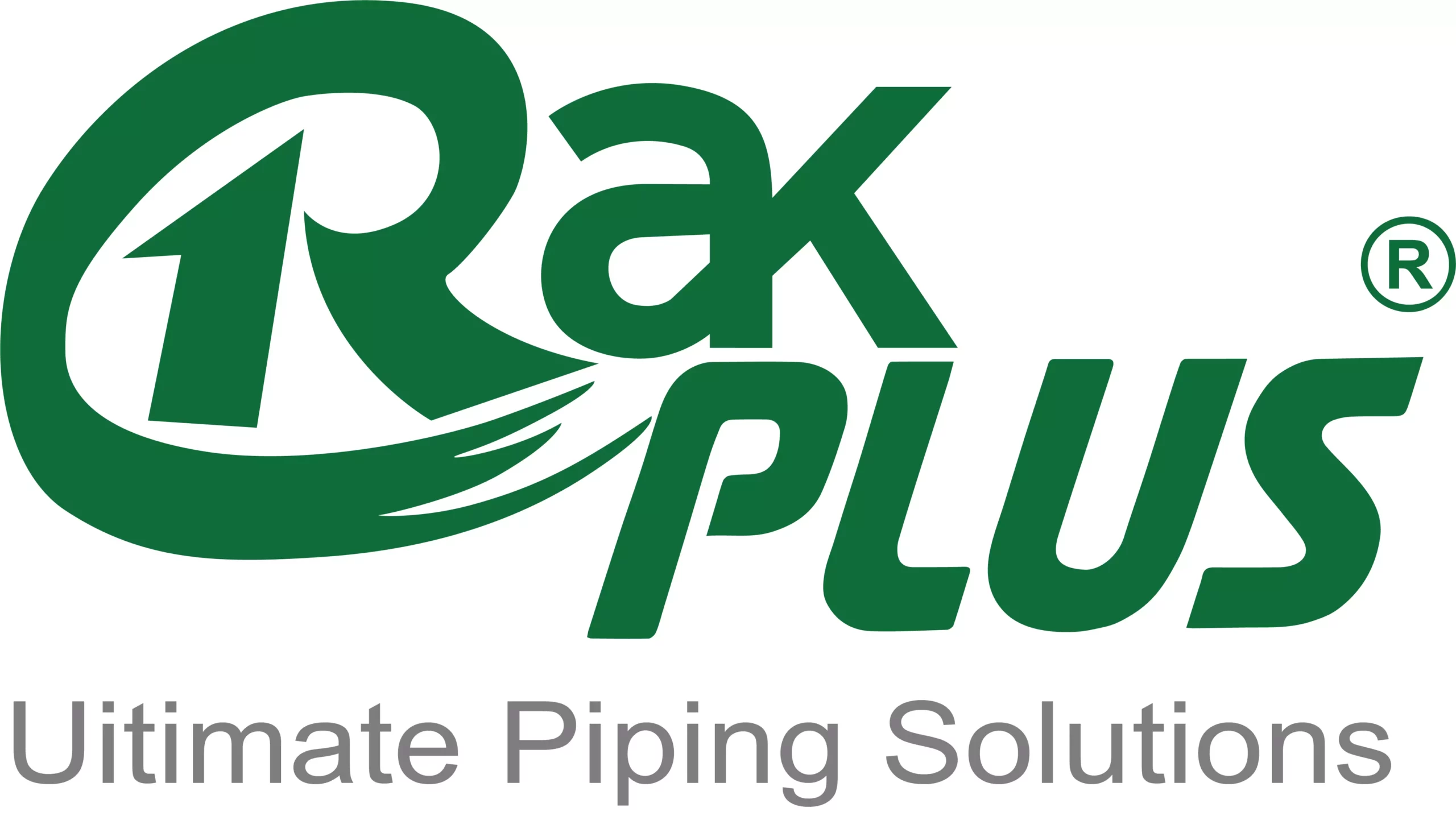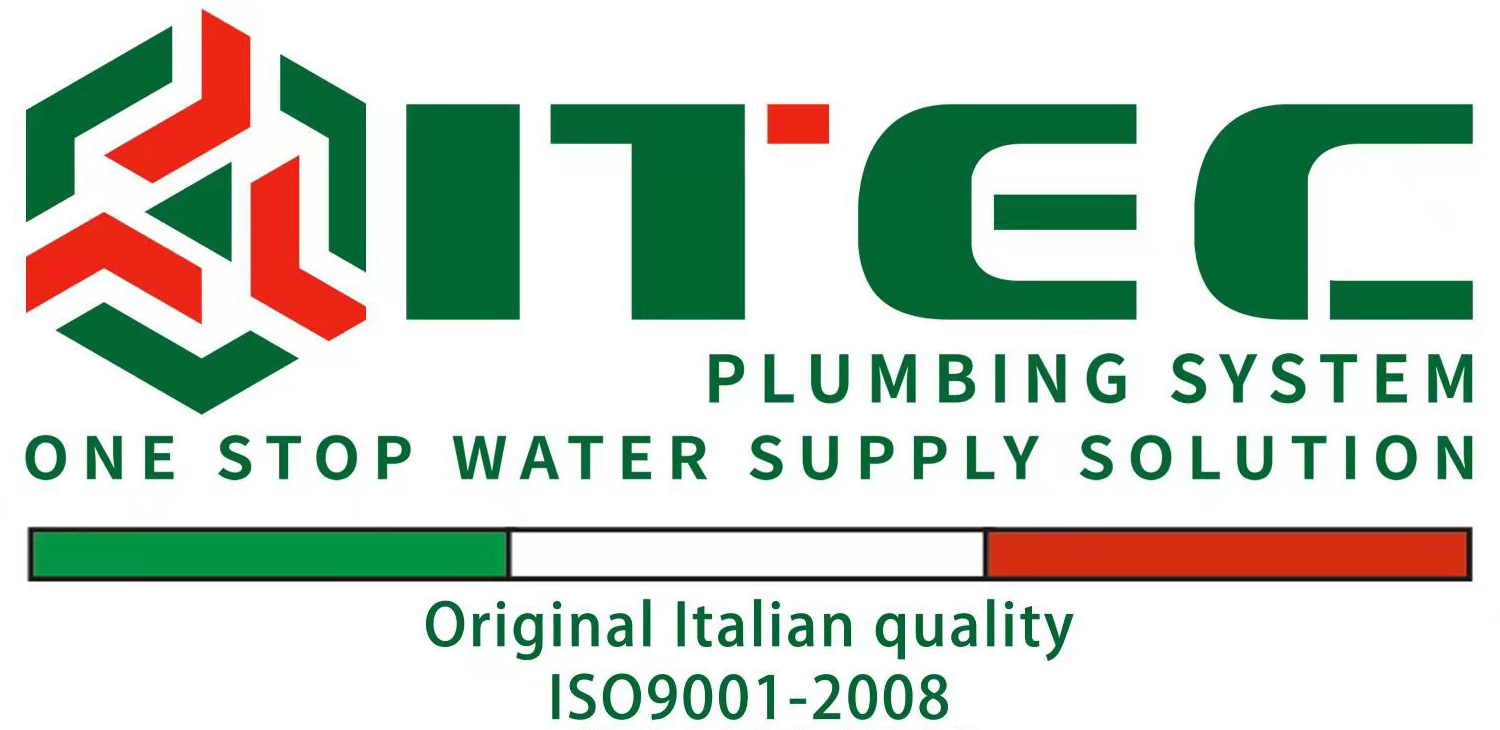In today’s industrial world, selecting the right piping material is crucial to the success of your operations. PPR (Polypropylene Random Copolymer) piping is gaining popularity as an alternative to traditional materials such as copper and steel, due to its numerous benefits. Here, we explore the features of PPR pipes and fittings, and the advantages they offer in industrial applications.
Why Choose PPR Piping?
PPR piping stands out in terms of durability, flexibility, and resistance to extreme temperatures. This thermoplastic material offers ultimate protection against corrosion, erosion, and chemical degradation. PPR pipes are also lightweight, easy to install, and require minimal maintenance, thus reducing operating costs and downtime.
Key Features of PPR Piping
- Non-Toxic: PPR pipes are non-toxic and safe for conveying drinking water and other fluids in industrial and household applications.
- Heat Resistance: PPR pipes can withstand temperatures up to 95°C, making them ideal for hot water distribution systems. They have low heat conductivity, which reduces heat loss and energy consumption.
- Corrosion Resistance: PPR pipes are highly resistant to acids, alkalis, and other chemicals, preventing corrosion damage and ensuring longevity.
- Durability: PPR pipes are durable and can withstand high pressure, making them suitable for pumping, heating, and cooling systems.
- Flexibility: PPR pipes are flexible and can be bent without breaking, allowing for easy installation around obstacles and long runs.
Advantages of PPR Piping
PPR piping offers several advantages for industrial applications, including:
- Cost-Effective: PPR pipes are affordable, and their ease of installation and low maintenance costs minimize future costs.
- Longevity: PPR pipes have a long life span, and their resistance to corrosion and wear ensures minimal repairs, replacements, and associated costs.
- High Flow Capacity: PPR pipes have a smooth inner surface that enables high flow rates and reduces the loss of pressure.
- Environmental-Friendly: PPR pipes are recyclable and can be reused, thus reducing waste in the environment.
- Versatility: PPR pipes can be used in various industrial applications, including hot and cold water supply, wastewater treatment, heating and cooling, compressed air systems, and more.
Conclusion
PPR piping offers significant advantages for industrial applications. Choosing PPR pipes and fittings can help save costs, increase productivity, and improve overall operational efficiency. To optimize the benefits of PPR piping, seek the advice of experts in the field and select reputable suppliers who offer quality products and timely services.
If you have read this article and have any questions, please feel free to contact IFAN. Below is our contact information:
Whatsapp:+86 13373827623
Email:[email protected]

